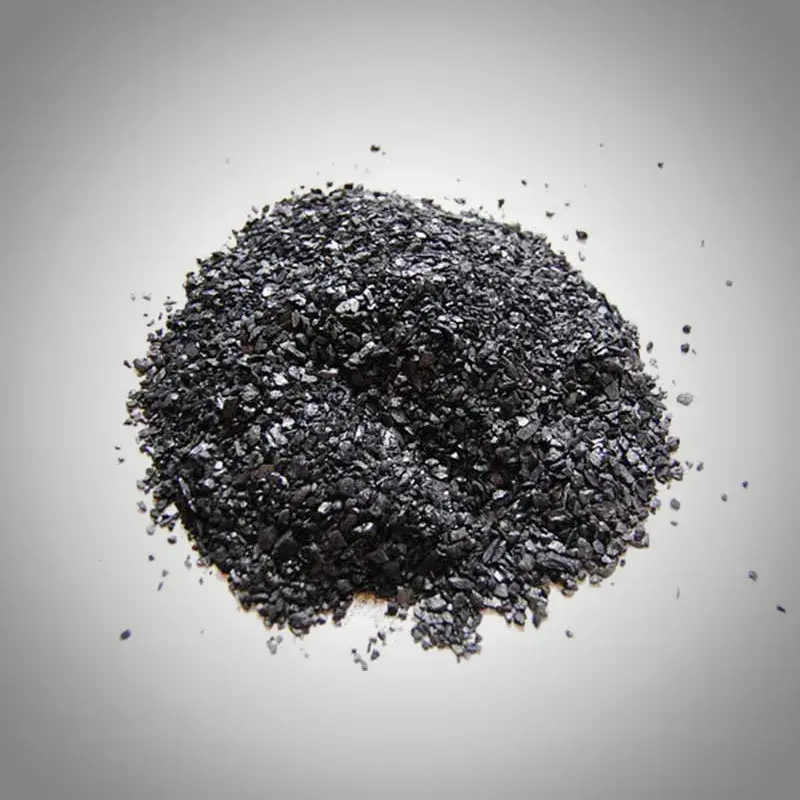In the industrial and energy sectors, CPC (Calcined Petroleum Coke) and Pet Coke (Petroleum Coke) are two important materials. While they share similarities, there are significant differences in their properties, uses, and production processes. This article will delve into the distinctions between the two.
What is CPC?
CPC, or Calcined Petroleum Coke, is a material obtained by heating petroleum coke at high temperatures. Its main component is carbon, and it is commonly used in industries such as aluminum smelting, steel production, and battery manufacturing. Key characteristics of CPC include:
• High Purity: After calcination, CPC typically has a carbon content of over 99%, with very low impurity levels.
• Good Electrical Conductivity: Due to its high purity, CPC exhibits excellent electrical conductivity, making it suitable for electrode materials.
• High-Temperature Resistance: CPC can withstand high temperatures, making it ideal for industrial processes that require elevated temperatures.

What is Pet Coke?
Pet Coke, or Petroleum Coke, is a solid byproduct produced during the refining of petroleum. It is generated through the cracking or distillation of heavy oil and is primarily composed of carbon. Key characteristics of Pet Coke include:
• Diversity: There are various types of Pet Coke, depending on the raw materials and production processes, which can result in different impurity and ash levels.
• High Energy Density: Pet Coke has a high heating value, making it very popular for fuel applications, particularly in the cement and power industries.
• Wide Range of Uses: In addition to being used as fuel, Pet Coke can also be utilized in the production of carbon black, fertilizers, and other chemical products.
Main Differences Between CPC and Pet Coke
• Production Process:
CPC is produced through the high-temperature calcination of petroleum coke, while Pet Coke is a direct byproduct of the refining process.
• Purity and Composition:
CPC has a high carbon content and low impurities, making it suitable for high-demand industrial applications; Pet Coke's composition can vary significantly, often containing higher impurity levels.
• Uses:
CPC is primarily used in aluminum smelting and electrode manufacturing, whereas Pet Coke is widely used as fuel and in the production of chemical products.
• Physical Properties:
CPC has good electrical conductivity and high-temperature resistance, suitable for electrical applications; Pet Coke, on the other hand, is preferred as a fuel due to its high energy content.
Conclusion
CPC and Pet Coke play crucial roles in industrial applications. Understanding the differences between them can help companies make more informed decisions when selecting materials. Whether in high-purity aluminum smelting or high-energy fuel applications, both materials serve indispensable functions. This article aims to provide readers with a better understanding of the distinctions and applications of CPC and Pet Coke.
Post time: 8 月-15-2024













